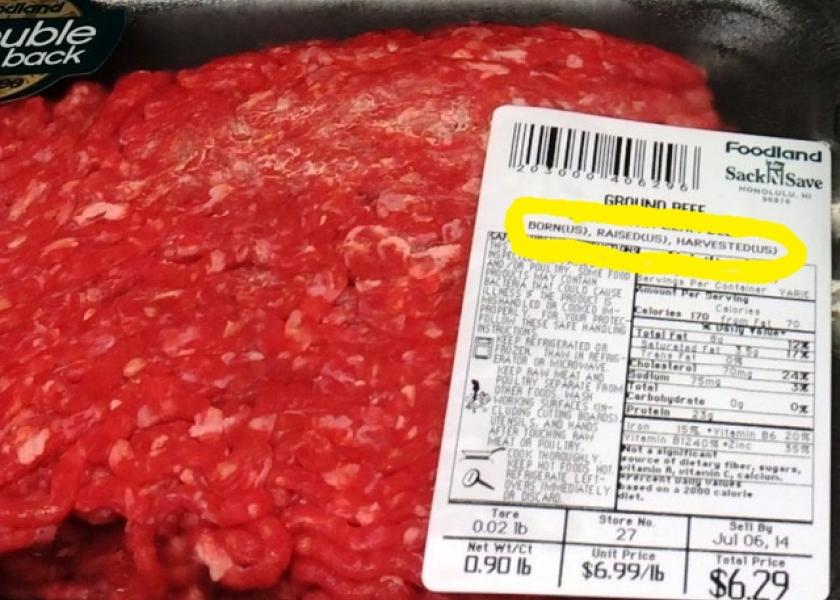WTO says Country-of-Origin Labeling Isn’t COOL

Canada and Mexico will be able to impose tariffs on American products if the U.S. doesn’t change its rules on country-of-origin labeling (COOL) for meat.
In May, the World Trade Organization ruled in favor of Mexico and Canada in their case against the U.S. Introduced in the 2002 farm bill, COOL regulations require retailers to list the countries involved in the production of certain food products, including unprocessed meats.
Mexico and Canada have argued that the main purpose of COOL’s requirements is not to inform consumers but to discourage U.S. packers from handling livestock from those two countries.
The USDA has revised the rules after previous WTO rulings against COOL, but the organization maintains they still violate WTO agreements. If the U.S. doesn’t change those rules and how they are implemented, Mexico and Canada will be allowed to place tariffs on imports of U.S. products.
University of Missouri Extension agricultural economist Ron Plain says the WTO has started the process to determine appropriate tariffs for Mexico and Canada to impose on U.S. products.
“Most people expect somewhere around six months for that process to work itself through before tariffs are actually imposed,” Plain says. “The other possibility is Congress may rewrite the law, in which case the new law is in place and the tariffs wouldn’t be imposed.”
Then the question is whether the new law is in compliance. Canada and Mexico may take the U.S. to the WTO again.
If Congress doesn’t rewrite the law, the tariffs are likely to start late this year. Canada and Mexico will choose which products they will put tariffs on. Plain says sometimes those decisions can be political.
“Their goal is to get the U.S. to rewrite the law,” Plain says. “So don’t be surprised if they think, ‘This senator is on the committee that writes this law. What products does his state ship to our country that we might want to put a tariff on to give him incentive to rewrite that law?’”
Source: University of Missouri Extension







